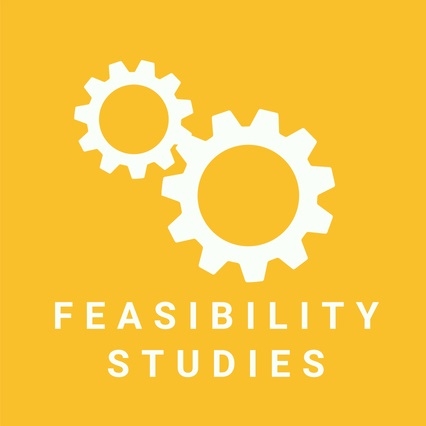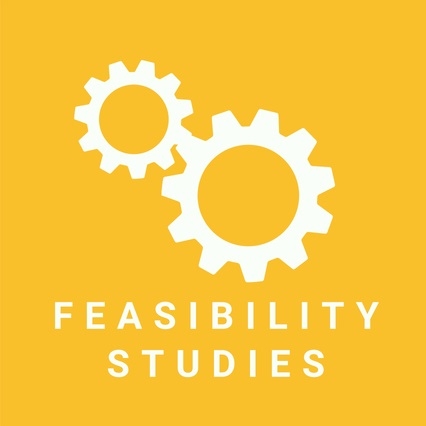Projects
CCBR typically has 15-20 ongoing projects and has completed over 450 projects since 1982. Each project is guided by our commitment to impacting social change in practical and powerful ways. We conduct research with people not on people, cultivating respect with communities at every step of the process.
Projects can be searched for using words from the project title or using the service area, theme, or date range for the project. You can also type 'Service Area' or 'Theme' into the search bar to get a list of options in each of these fields.
Projects

This project was an investigation of the extent and the impact of hate crimes and hate activity in the City of London, Ontario. It included a review of Canadian literature of hate crime and bias activity and an integrated action plan for the City of London, developed in conjunction with the local Hate Crime and Bias Activity Steering Committee.

This project was a feasibility study of an interactive program focusing on enhancing both problem-solving/life skills and anger management skills of Phase II young offenders. The project was funded by A Community for Offender Reconciliation and Diversion (ACORD).

This project was a process evaluation of a health promotion program for people living with HIV/AIDS. The project was funded by the AIDS Committee of Cambridge, Kitchener, Waterloo and Area (ACCKWA).

This project assessed the feasibility of setting up a rent bank in Waterloo Region and made recommendations about how this should be done. The project was funded by House of Friendship.

This project, from a seed grant, aimed at developing a research proposal to explore how people from different ethnic communities in Toronto and Waterloo understand what it means to be actively a part of society and how they are presently active. The work was funded by the Department of Canadian Heritage.
